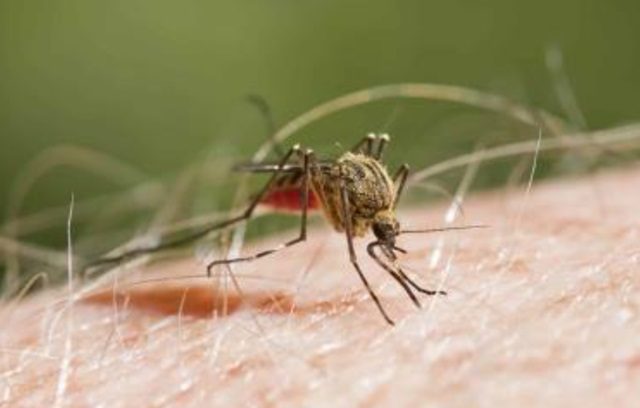BTN News: The dengue crisis in Honduras has reached alarming levels in 2024, with over 137 lives lost and more than 109,000 cases reported, according to the latest data shared by the Secretary of Health, Carla Paredes. This mosquito-borne virus, transmitted by the Aedes aegypti, has pushed the nation into a state of emergency, highlighting the urgent need for widespread action to control the outbreak. The health official emphasized the severity of the situation during a national broadcast, urging collective efforts to combat the spread of the disease.
With the epidemic spreading across the country, certain regions have been hit harder than others. Among the 18 departments in Honduras, the northern and western areas, including Cortes, Atlántida, Colón, Yoro, and Santa Bárbara, have seen the highest concentration of cases. The increase in dengue cases across these regions is particularly concerning, given the rapid spread of the virus and the strain it places on healthcare resources.
In response to this escalating crisis, President Xiomara Castro declared a “national health emergency” on June 1, 2024. This decisive move came as the country witnessed a dramatic rise in dengue cases, overwhelming healthcare facilities and highlighting the need for immediate and coordinated interventions. The health emergency declaration aims to mobilize resources, coordinate efforts across governmental and non-governmental organizations, and raise public awareness about the critical need for community involvement in eliminating mosquito breeding grounds.
The gravity of the dengue outbreak in Honduras mirrors a broader regional challenge, as several other countries in Latin America are grappling with similar issues. Nations like Argentina, Brazil, Colombia, Mexico, Paraguay, and Peru are also experiencing significant outbreaks, underscoring the widespread nature of this public health threat. These countries, much like Honduras, have been severely impacted by the dengue virus, which continues to spread at an alarming rate across the continent.
To intensify the fight against dengue, the Honduran government, along with various institutions and civil society groups, has implemented multiple measures aimed at controlling the mosquito population and reducing the spread of the virus. Among these initiatives is the upcoming “Día D” event, scheduled for Friday, which falls within the international week dedicated to the fight against dengue. This day is designed to unite all Hondurans in a collective effort to eliminate mosquito breeding sites, which are the primary source of dengue transmission.
The “Día D” initiative is a crucial component of the broader strategy to combat the dengue outbreak. By mobilizing communities to take active steps in destroying mosquito breeding sites, the government hopes to reduce the number of cases and prevent further loss of life. This initiative underscores the importance of community involvement in public health efforts, as the elimination of mosquito breeding grounds is a shared responsibility that requires the participation of every citizen.
Carla Paredes, the Secretary of Health, reiterated the critical need for collective action, stating that the fight against dengue is not just the responsibility of the government but of every individual in the country. She urged all citizens to participate in the “Día D” activities and to remain vigilant in identifying and eliminating potential mosquito breeding sites in their surroundings.
In conclusion, the dengue outbreak in Honduras is a severe public health crisis that demands immediate and sustained action. With over 109,000 cases reported and 137 lives lost, the situation is dire, and the need for coordinated efforts to control the spread of the virus is more urgent than ever. The upcoming “Día D” serves as a crucial opportunity for the entire nation to come together and take decisive steps to eliminate the mosquito populations that are driving this outbreak. The success of these efforts will depend on the active participation of every Honduran, as the fight against dengue is a shared responsibility that requires the involvement of all.


